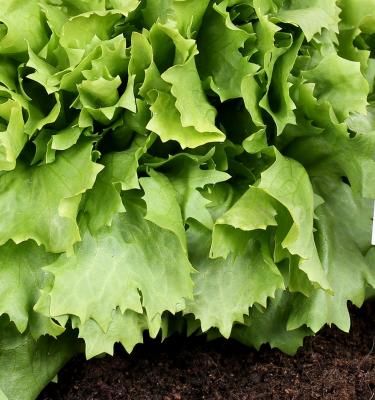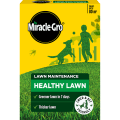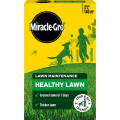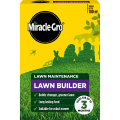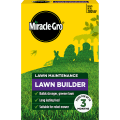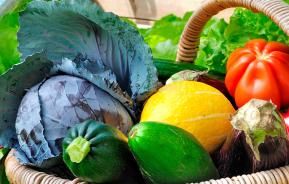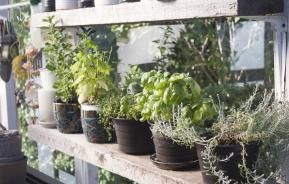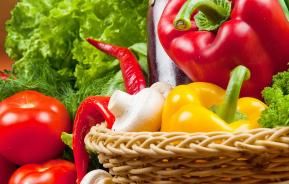Organic gardening is becoming an increasingly popular alternative to expensive, tasteless and out of season fruit and vegetables from the supermarket. Organic fruit and vegetables really do taste so much better and organic gardening isn’t that hard. But it isn’t all about flavour either.
It’s cheap to buy your own seeds and with it, you are being sustainable and doing your bit for the environment. It is the perfect project for your garden space too, nothing beats growing your own food from seed. To give you some inspiration, here are 10 ways to get you started on your first organic garden:
- This may sound obvious but be selective over what chemicals you use. That means lawn feeds, chemical fertilisers, pesticides and weed killer. There are organic plant foods and other products available. It is important to read the packaging to check what your gardening products contain. Don’t forget to check if someone near you is using chemicals that could have an impact on your garden. Choose your site carefully and look at the wider environment.
- Start making your own compost. Buy a bin or compost bin and start to create your own compost with kitchen scraps and garden cuttings and waste. But don’t forget it needs time to decompose so if you don’t want to wait you may have to buy some organic soil to give you a head start.
- Your plot doesn’t have to be big but does make sure it has plenty of sunshine. You’ll need 5 - 6 hours of sunshine a day particularly if you’re going to be growing fruit or herbs.
- Look at ways of catching and containing rainwater for watering. It might even reduce your water bill if you’re on a meter. Get used to the idea of lots of weeding. There are non-chemical weed killers but a lot of your weeding work will need to be done by hand.
- Once your compost is well-rotted, start preparing your organic soil by digging it in. The more the better and use organic mulch like bark, wood chip or grass cuttings to mulch over areas which will be unplanted.
- Start researching what plants will do well in your environment. There’s no point in trying to grow an organic fruit if you simply haven’t got the right natural conditions for the plant you’ve chosen. It’s worth asking for advice from your local nursery about what grows well where you are, to give yourself the best possible start.
- Once you have an idea of what sort of soil and plot you have and what works well in your area, you can start to plan your organic garden objectives. Do you want it to be decorative or are you hoping to grow your own food? Then consider choosing some of the easier plants to start with such as tomatoes, lettuce, onions, strawberries, chives and mint.
- If you’re buying plants or seeds for your organic garden, make sure you chose organic ones. If you’re not sure, ask before you buy. There are websites and garden centres which sell 100% certified, non-genetically modified, organic seeds and that’s what you’re after.
- Make sure that you encourage local wildlife. That means birds, of course, but it also means the insects too. Worms are a great addition to the organic garden but so are dragonflies, frogs, hoverflies and bees of course. Think about what you can do to encourage them; plant flowers or plants such as daisies, cosmos or lavender, have a water feature or even use a bird feeder. A good organic garden is all about diversity and natural balance and if you have a problem with one insect, you may find another can help.
- Finally, before you start digging in, do a little research into what plants might complement each other and bring out the best in one another. That might mean some ornamental planting and it also might mean talking to your neighbours to find out what works for them. You might even find yourself exchanging plants with your neighbour if you have more than you need and that might even be the beginning of something bigger.
Organic gardening really doesn’t have to be a lot of hard work. Every little contribution to a greener, more sustainable future is surely worth the effort. When the effort brings all the advantages and pleasures of freshly grown, flavoursome organic fruit and veg at half the price of their shop-bought cousins, organic gardening really does become an obvious choice.
We’d love to hear how you get on with your organic garden so please keep us posted by sharing your tips, photos and progress with us on our social media sites.
